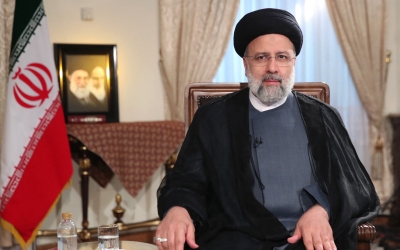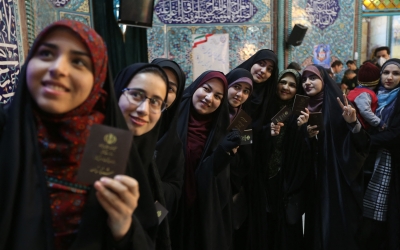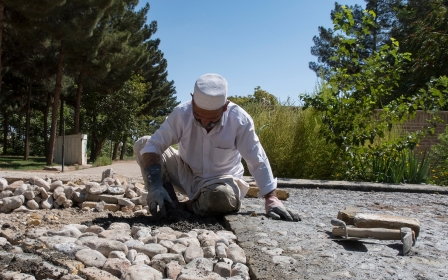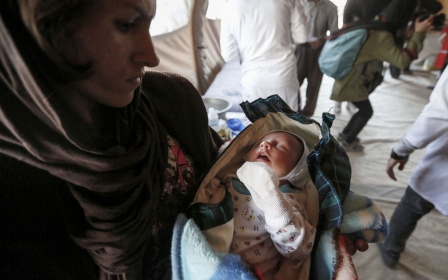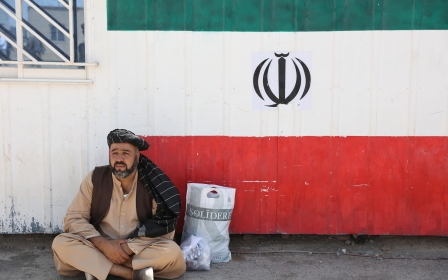Iranian press review: Where is Hassan Rouhani?
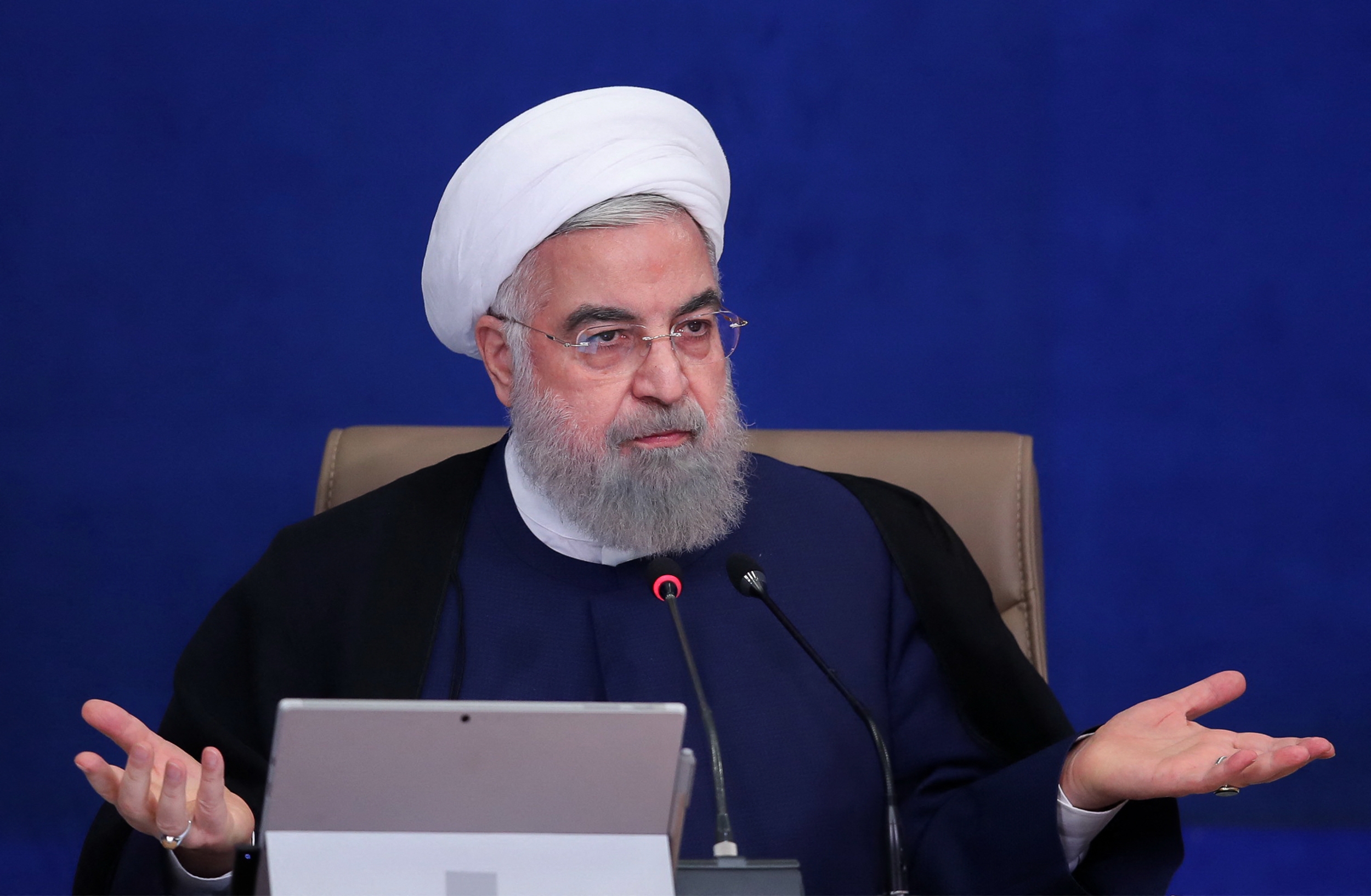
Where is Hassan Rouhani?
Six weeks after the end of former president Hassan Rouhani's second term in office, his complete public absence and disappearance from the political scene have fuelled speculation about his fate.
Before Rouhani left the office, it was forecast that Iran's supreme leader Ayatollah Ali Khamenei would offer him a seat on Iran's Expediency Discernment Council.
The council is an advisory body with limited political power, where politicians close to the supreme leader with no official position end up. During his presidential term, Rouhani was appointed as a legal member of the council, but Khamenei has seemingly not put this into practice.
Pro-conservative media has increased its attacks on Rouhani, saying he isn't eligible to sit on the council.
New MEE newsletter: Jerusalem Dispatch
Sign up to get the latest insights and analysis on Israel-Palestine, alongside Turkey Unpacked and other MEE newsletters
"A remaining question is how a person who has lost his social support and whose government's inefficiency is obvious can become a member of the council?" wrote Fars news agency, which has ties to Iran's Islamic Revolutionary Guard Corps (IRGC).
Meanwhile, pro-reformist outlets raised questions about the reasons behind Rouhani's silence and his disappearance from Iran's political landscape.
The Aftab daily reported on Wednesday that "rumours" are circulating among the reformists' inner circle suggesting that Rouhani's former allies have turned their backs on him.
"Some rumours say that Rouhani's close allies have not responded to his calls to even go on a hike," wrote the paper, under the headline: "Hassan Rouhani on complete bed rest."
The daily interviewed Mohammad Ali Namazi, a prominent moderate politician, about Rouhani's whereabouts and his plans for the future.
"We also don’t have any news about him," Namazi was quoted as saying. "Apparently, he is on a complete bed rest!"
Tehran wary of Israeli policy change
Iranian officials and analysts have received with caution remarks from Israel's defence minister Benny Gantz about tolerating the revival of Iran's nuclear deal.
Last week, in an interview with Foreign Policy, Gantz expressed his country's readiness to accept a new agreement between Washington and Tehran over the latter's nuclear programme. However, he also highlighted Israel's willingness to take military action against Iran if the two sides fail to reach an agreement.
This marks the first time a high-ranking Israeli official has expressed support for a deal between Israel's western allies and its arch-enemy in the Middle East.
Rahmen Ghahremanpour, an Iranian foreign policy analyst, told the Donya-e Eqtesad daily that Gantz's comments were not a sign that Israel would adopt a less aggressive policy toward Iran.
"With such positions towards Iran, Tel Aviv is taking action in advance and getting ready for more intense attacks on Iran's nuclear facilities if the nuclear negotiations fail," Ghahremanpour said.
Fereydoun Majlesi, a former diplomat and author, also suggested that following the normalisation of ties between Israel and some Arab states, Israel sees new opportunities in controlling Iran's nuclear programme through a new accord.
"With new allies [among Arab states], Israel expects the political dynamic to change in the region… and it anticipates that Iran's return to the nuclear deal would impose restrictions on Iran's nuclear programme," the Khabar Online quoted Majlesi as saying.
'White divorce' on the rise
More and more Iranian couples are said to be continuing to live together after officially divorcing, in order to receive the government's financial support for single women.
The new phenomenon, dubbed “white divorce” by hardliners, has become a way of easing economic hardship for couples hit by the current financial crisis.
Zahra Sajjadi, a former adviser on women's affairs, told ISNA news agency that white divorce imposed a heavy burden on the government.
"These white divorces have been an economic blow to the government, and there is no control to check if those who are officially divorced still live with their ex-husbands," she was quoted as saying.
Sajjadi did not provide any information on the number of such divorces in Iran.
According to Iran's constitution, single women who have no sources of income receive their dead parents' pensions. This law has encouraged some couples to officially register their divorce at governmental offices.
Meanwhile, Ensiyeh Khazali, Iran's newly appointed vice president for women and family affairs, vowed to find a way to end white divorce.
"White divorce is one of the issues we face," she said in a meeting with hardline women activists.
"One reason behind the high divorce rates in the country is this phenomenon. So we should find a solution for this crisis.”
*Iranian press review is a digest of news reports not independently verified as accurate by Middle East Eye
Middle East Eye delivers independent and unrivalled coverage and analysis of the Middle East, North Africa and beyond. To learn more about republishing this content and the associated fees, please fill out this form. More about MEE can be found here.


